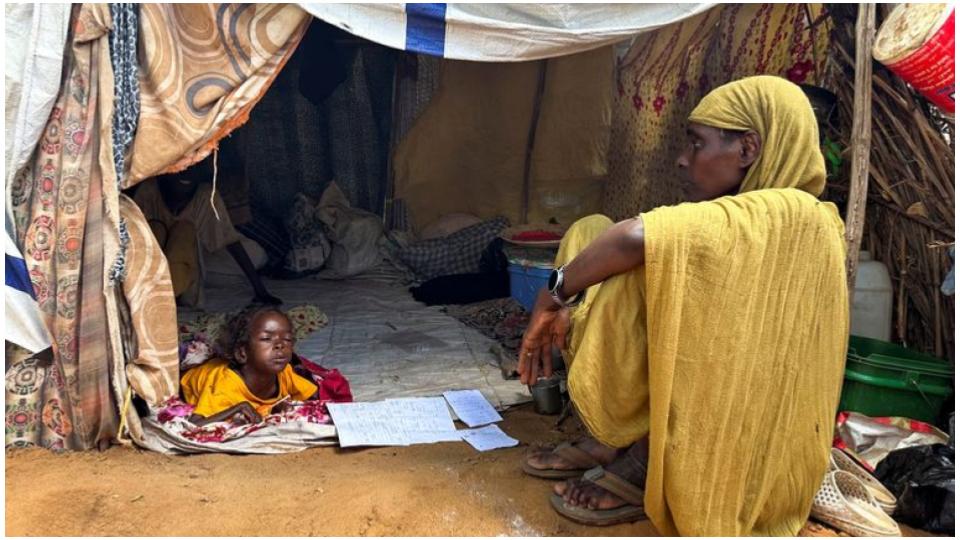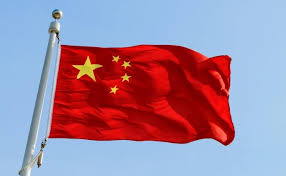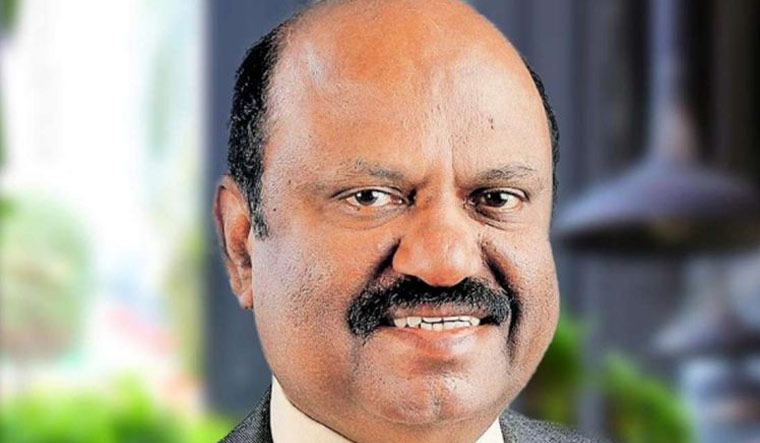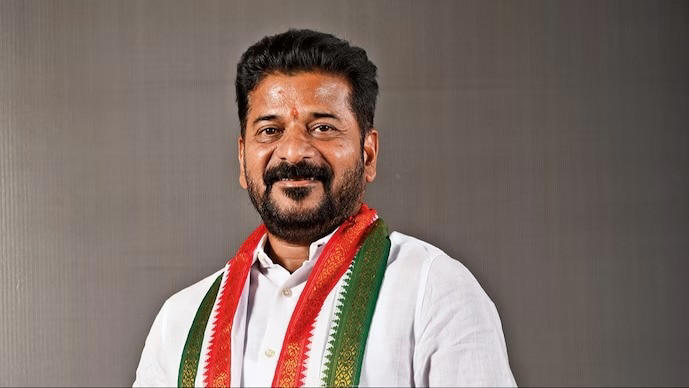Seattle becomes first US city to ban caste bias despite opposition by some Hindu groups
Wed 22 Feb 2023, 12:02:22
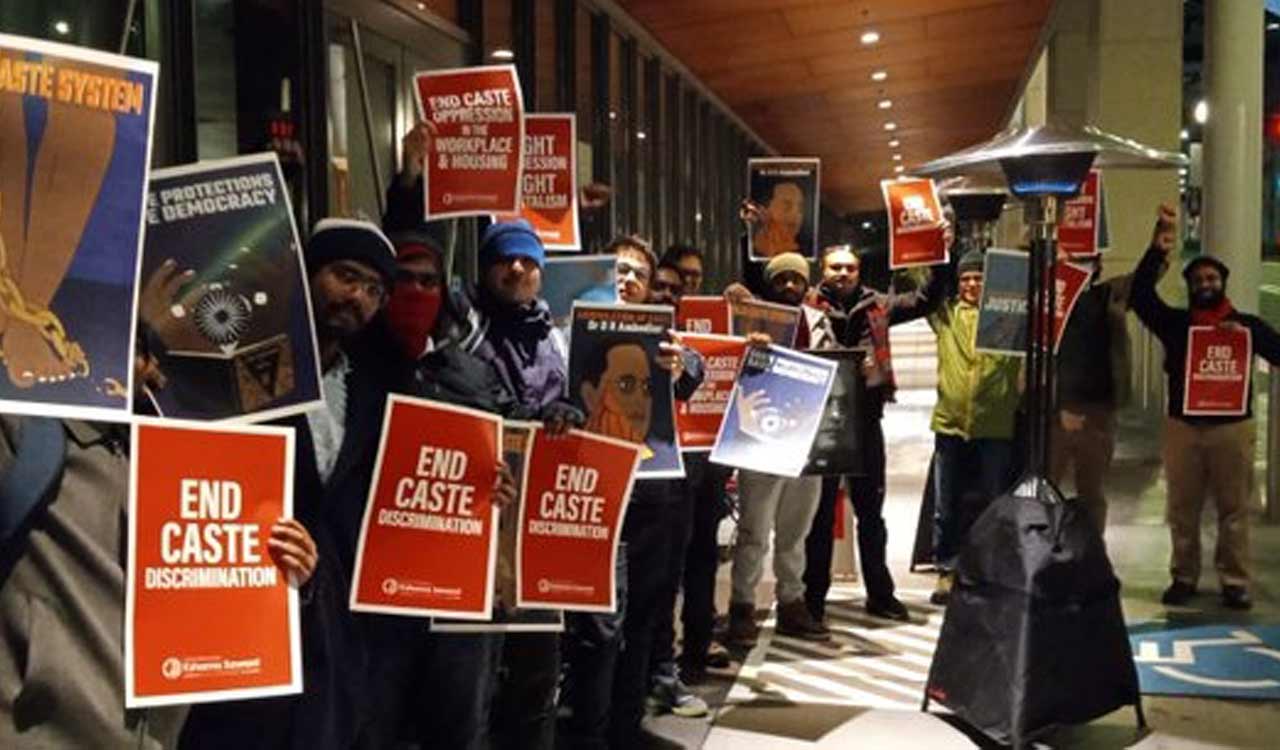
New York: Seattle has become the first US city to ban caste discrimination pushing back against opposition by several organisations representing Hindus.
The City Council on Tuesday approved the legislative measure sponsored by Councillor Kshama Sawant, a member of the radical Socialist Alternative party.
The legislation, modelled after laws against racial bias, seeks to ban caste-based discrimination in jobs, housing rental and sales and in public places like hotels, restaurants and stores.
It pitched some Hindu organisations, which opposed it, against an assortment of leftist groups, civil rights groups and a union which linked it to broader civil rights and socio-economic issues in the US.
The legislation was passed after heated discussions when the public was allowed to comment on it.
Over a hundred people had signed on to speak but only some could speak because of time limits.
A National Public Radio reporter, Lilly Ana Fowler, tweeted from the Council chamber that things “calmed down after a bit of chaos” before the vote with “lots of shouting with people holding signs that say ‘stop gaslighting Dalits’ while others hold signs saying, ‘Shouting lies does not make them true'”.
Pramila Jayapal, who heads the Congressional Progressive Caucus, tweeted her support for the legislation: “I’m proud to see Seattle leading the country by taking steps to end this discrimination and ensure that all people are able to live freely and thrive.”
The Democrat’s House of Representatives constituency includes most of Seattle.
The Coalition of Hindus of North America (CoHNA), which spearheaded the opposition, however, said the legislation would promote prejudice against South Asians.
It “advances nothing but bigotry against the South Asian community by using racist, colonial tropes of ‘caste'”, the organisation said.
“It is also shocking to see the blatant singling out of a minority community based on nothing but unsubstantiated claims based on faulty data from hate groups,” it added.
Samir Kalra, the managing director of another organisation, the Hindu American Foundation (HAF), said: “Seattle has taken a dangerous misstep here, institutionalising bias against all residents of Indian and South Asian origin, all in the name of preventing bias.
“When Seattle should be protecting the civil rights of all its residents, it is actually violating them by running roughshod over the most basic and fundamental rights in US law, all people being treated equally.”
HAF said that according to its lawyers, Seattle is “now in violation of the US Constitution’s guarantees of equal protection and due process that prohibit the state from treating disparately people on account of their national origin, ethnicity, or religion, and implementing a
vague, facially discriminatory and arbitrary category”.
vague, facially discriminatory and arbitrary category”.
However, HAF Executive Director Suhag Shukla, clarified that the organisation opposes caste discrimination: “Throughout our two decades of existence, HAF has maintained that caste discrimination is wrong, violating core Hindu principles of the divine oneness of all beings.”
Despite the criticism by the Hindu groups, the legislation does not mention any religion or ethnic group.
Caste discrimination as a cultural and social phenomenon is practised in India and other countries, even beyond South Asia, by members of many religions including Christianity and Islam.
Another organisation, Hindus for Human Rights-USA, supported the Seattle anti-caste legislation.
One of the technology centres in the US, Seattle is the main city in Washington State which has a South Asian population of 167,000.
It hosts the headquarters of Amazon and Remond, where Microsoft is headquartered, is nearby.
Sawant said: “We know that caste discrimination has been growing in the US across many industries, including technology, construction, restaurants and the service industry, and in domestic work.”
Making a leap of logic, the socialist asserted that the legislation “is also linked to the larger working-class fight against the ongoing brutal layoffs in the tech sector”.
She added that British colonialism used the caste system in its policy of divide and rule.
US Dalit rights activist, Thenmozhi Soundarajan said: “Caste is a feminist, queer, and workers’ rights issue, and the time has come to ensure that discrimination, bias, and worker exploitation on the basis of caste is not only illegal, but will be properly enforced throughout the city.”
Equality Labs, of which she is the executive director, is heading the movement for legislation across the country “to add caste as a protected category”.
Similar anti-caste discrimination measures have been adopted by the California University System and Brandeis and Brown universities, while Harvard included an anti-caste discrimination clause in a contract with graduate students.
California State Civil Rights Department has filed a suit in a federal court alleging caste discrimination at Cisco against a Dalit engineer by others of Indian origin in the leading technology company.
HAF filed a countersuit against the department asserting that it discriminates against Hindus by singling them out for “special monitoring”.
The Seattle legislation was supported by a union representing student employees of the University of Washington, the Washington unit of the American Civil Liberties Union, the Indian American Muslim Council, the Ambedkar Association of North America and the Ambedkar International Centre.
No Comments For This Post, Be first to write a Comment.
Most viewed from International
Most viewed from World
AIMIM News
Latest Urdu News
Most Viewed
May 26, 2020
Do you think Canada-India relations will improve under New PM Mark Carney?
Latest Videos View All
Like Us
Home
About Us
Advertise With Us
All Polls
Epaper Archives
Privacy Policy
Contact Us
Download Etemaad App
© 2025 Etemaad Daily News, All Rights Reserved.






.jpg)
.jpg)

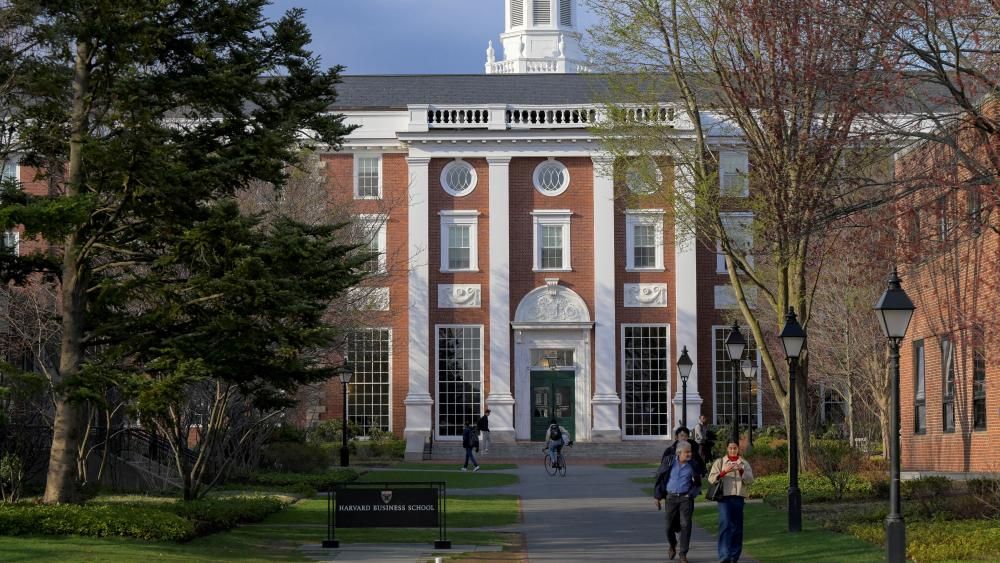
.jpg)
